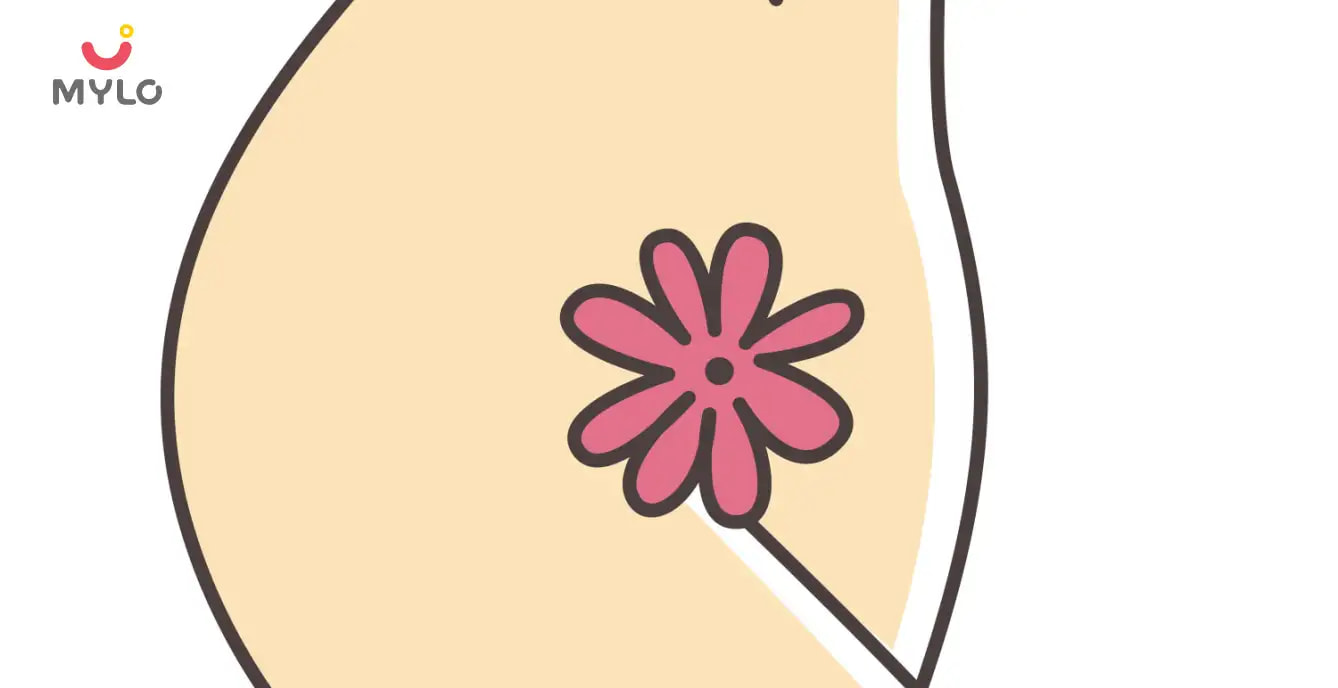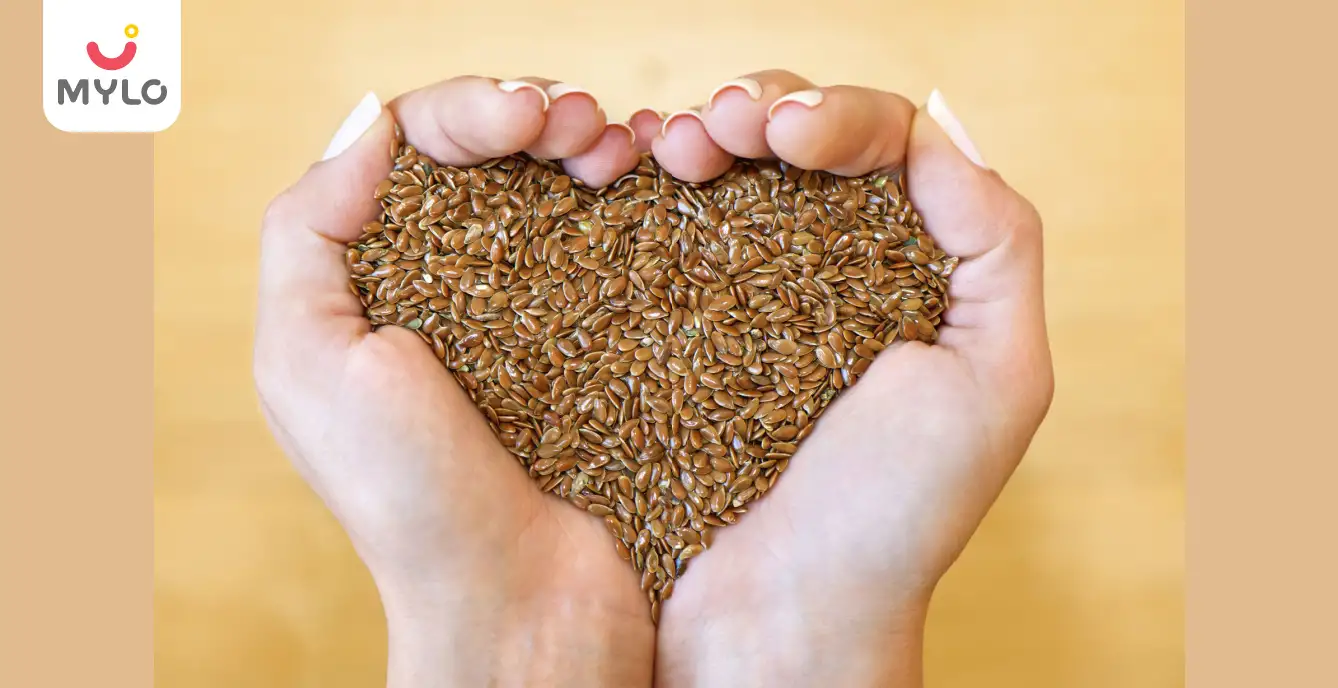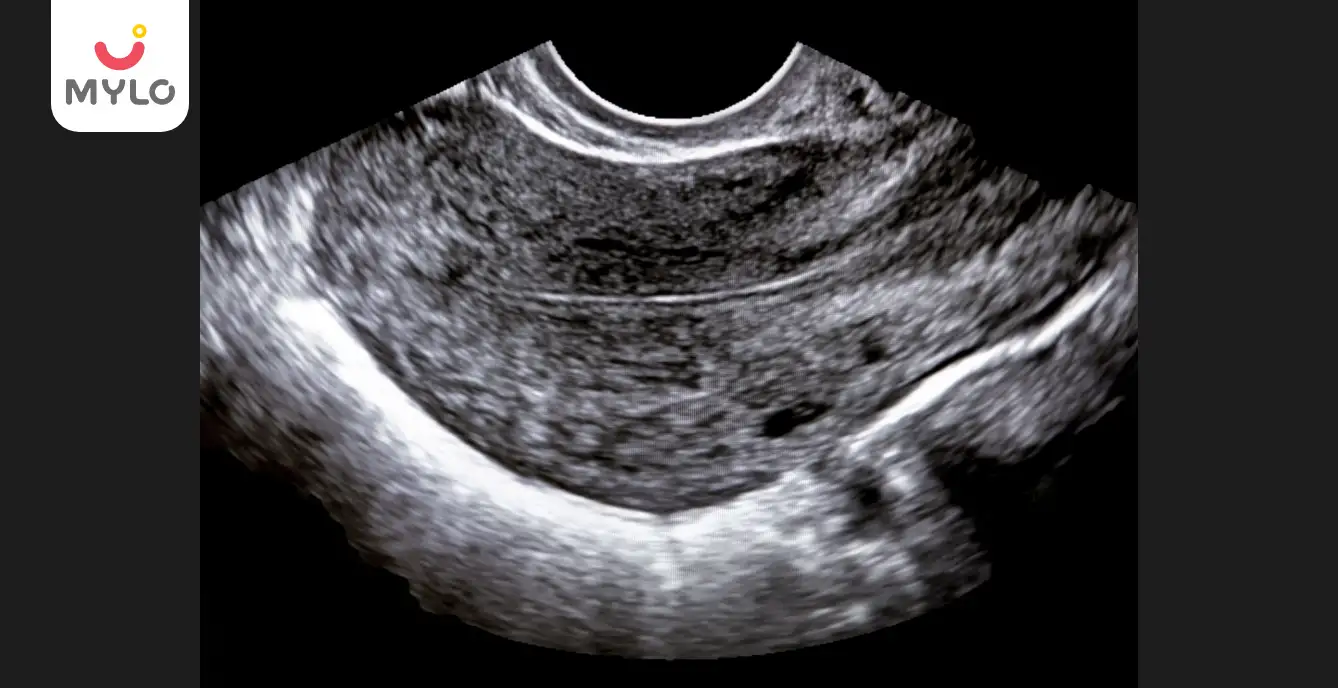Home

Everything You Need to Know About the Length of Vagina
In this Article

Everything You Need to Know About the Length of Vagina
Updated on 18 September 2023
It is usually guys who are asked if size really does matter. Nonetheless, some women, especially those who have recently given birth, may worry about the length of vagina and its size, despite the fact that they may not talk about it.
It's important to understand that just like any other part of the body, vaginas come in different sizes and shapes, and this natural variation is entirely normal. In this article, we aim to demystify the concept of vagina size and provide women with the information they need to embrace their bodies with confidence.
Vaginal Size and Appearance
The external appearance of the vulva and the size of vagina come in a different range of colors as well as shapes. Although there isn’t any specific type when it comes to a vagina, every woman’s vagina has its own uniqueness and characteristics. Some vaginas may look a bit similar considering the shape of the vulva.
A vagina may differ with respect to the following:
- Length of the vaginal canal
- Width of the vagina
- Overall shape and appearance of the labia
- Pubic hair
- Color
- Discharge
- Smell
You may also like: Fat Vagina: Average Size, Types, Causes & More
How Deep is a Vagina?
The depth of the vagina is a common question that many people have. It is important to understand that the length of vaginal canal can vary from person to person. The average vagina length is approximately 3 to 4 inches when not aroused.
However, during sexual arousal, the vagina can expand and accommodate a larger size of approximately 4.25 to 4.7 inches. This is due to the elasticity of the vaginal walls and the relaxation of the surrounding muscles.
It is worth noting that the depth of the vagina does not necessarily correlate with sexual pleasure or satisfaction. The most sensitive areas of the vagina are located within the first few inches. Therefore, even individuals with a shorter vaginal canal can still experience pleasurable sensations during sexual intercourse. It is also important to remember that sexual pleasure is subjective and can vary from person to person.
You may also like: Clitoral Hood: Benefits, Risks & More
How Important is Vagina Size?
The size of the vagina is often a source of concern for individuals. However, it is essential to understand that there is no "ideal" or "normal" size for a vagina. Just like any other part of the body, the size and shape of the vagina can vary greatly from person to person.
It is also crucial to debunk the myth that a smaller or tighter vagina is more desirable. In fact, a vagina that is too tight can cause discomfort or pain during sexual intercourse. On the other hand, a vagina that is too loose may not provide enough friction for pleasurable sensations. It is important to remember that sexual satisfaction depends on various factors, such as communication, arousal, and emotional connection, rather than the size of the vagina.
What are the Factors Affecting the Length of Vagina?
While the length of the vagina can vary, certain factors can influence its size. Here are five factors that can affect how deep is a vagina:
1. Genetics
Just like other physical characteristics, the length of the vagina can be influenced by genetics. Some individuals may naturally have a shorter or longer vaginal canal based on their genetic makeup.
2. Age
As a person ages, hormonal changes can occur, leading to a decrease in the elasticity of the vaginal walls. This can result in a slight reduction in the length of the vagina.
3. Childbirth
Giving birth can cause stretching and potential tearing of the vaginal tissues. In some cases, this can lead to a slight increase in the length of the vagina. However, the vagina has an incredible ability to recover and regain its tone over time.
4. Hormonal fluctuations
Hormonal changes, such as those that occur during menopause, can impact the vaginal tissues. This can result in a decrease in the length of the vagina due to a decrease in estrogen levels.
5. Pelvic floor muscle tone
The tone of the pelvic floor muscles can impact the average vagina length. Strong and well-toned pelvic floor muscles can help maintain the optimal length of the vaginal canal.
You may also like: Big Areolas: A Comprehensive Guide to Causes, Risks and Treatments
Is It Normal for Vagina After Delivery to Change?
After giving birth, it is normal for the vagina to undergo changes. The process of childbirth can cause stretching and potential tearing of the vaginal tissues. This can lead to a temporary increase in the size and laxity of the vagina.
However, the vagina has an incredible ability to heal and recover. In most cases, the changes are temporary and the vagina after birth will return to its pre-pregnancy state over time. It is important to note that every person's experience may vary, and it is normal to have concerns or questions about these changes.
Myths About Vagina Size and the Truth Behind Them
There are numerous myths surrounding vaginal size that can cause unnecessary stress and anxiety. Let's debunk five common myths and uncover the truth behind them:
Myth #1: A larger vagina is more sexually desirable.
Truth: Vagina size does not determine sexual desirability or satisfaction. Sexual pleasure depends on various factors, including emotional connection, arousal, and communication.
Myth #2: Vaginal tightness is a sign of virginity.
Truth: The tightness of the vagina is not an indicator of virginity. The size and shape of the vagina can vary greatly from person to person, regardless of their sexual history.
Myth #3: Vaginas should have a certain appearance.
Truth: Just like any other part of the body, vaginas come in various shapes, sizes, and colors. There is no "normal" or "ideal" appearance for a vagina.
Myth #4: Vaginal rejuvenation procedures are necessary.
Truth: Vaginal rejuvenation procedures are elective and not necessary for every individual. It is important to have open and honest conversations with healthcare professionals to determine if such procedures are appropriate for your specific situation.
Myth #5: Vagina after delivery stretches permanently.
Truth: While childbirth can cause temporary stretching of the vaginal tissues, the vagina has an incredible ability to heal and regain its tone over time.
Tips for Maintaining Vaginal Health
Taking care of your vaginal health is essential for overall well-being. Here are five tips to help you maintain vaginal health:
1. Practice good hygiene
Wash the external genital area with mild, unscented soap and warm water. Avoid using harsh soaps or douches, as they can disrupt the natural balance of the vagina.
2. Stay hydrated
Drinking an adequate amount of water can help maintain the overall health and hydration of the body, including the vaginal tissues.
3. Use protection during sexual activity
Consistently using barrier methods, such as condoms, can help reduce the risk of sexually transmitted infections and maintain vaginal health.
4. Stay physically active
Regular physical activity can help improve blood circulation to the pelvic area, promoting vaginal health.
5. Communicate with your healthcare provider
If you have any concerns or questions about your vaginal health, it is important to communicate openly with your healthcare provider. They can provide guidance, support, and address any issues or concerns you may have.
The Bottomline
In conclusion, the length of vagina can vary from person to person and is not necessarily indicative of sexual pleasure or satisfaction. It is important to debunk myths surrounding vagina size and understand that there is no "normal" or "ideal" size for a vagina. Taking care of your vaginal health through good hygiene, staying hydrated, using protection during sexual activity, staying physically active, and communicating with your healthcare provider are essential for maintaining overall well-being.
References
1. Luo J, Betschart C, Ashton-Miller JA, DeLancey JO. (2016). Quantitative analyses of variability in normal vaginal shape and dimension on MR images. Int Urogynecol J.
2. Schimpf MO, Harvie HS, Omotosho TB et al; (2010). Society of Gynecologic Surgeons Fellows' Pelvic Research Network. Does vaginal size impact sexual activity and function? Int Urogynecol J.
3. Tan JS, Lukacz ES, Menefee SA, Luber KM, Albo ME, Nager CW. (2006). Determinants of vaginal length. Am J Obstet Gynecol.



Written by
Khushboo Goel
Get baby's diet chart, and growth tips

Related Articles
Related Questions
Influenza and boostrix injection kisiko laga hai kya 8 month pregnancy me and q lagta hai ye plz reply me

Hai.... My last period was in feb 24. I tested in 40 th day morning 3:30 .. That is faint line .. I conculed mylo thz app also.... And I asked tha dr wait for 3 to 5 days ... Im also waiting ... Then I test today 4:15 test is sooooo faint ... And I feel in ma body no pregnancy symptoms. What can I do .

Baby kicks KB Marta hai Plz tell mi

PCOD kya hota hai

How to detect pcos

RECENTLY PUBLISHED ARTICLES
our most recent articles

Male Infertility
Herbs for Male Fertility: Exploring Herbal Solutions for Male Reproductive Health

Diet & Nutrition
Is Banana Good for PCOS: A Comprehensive Guide to Understanding Their Relationship

Diet & Nutrition
Flax Seeds for PCOS: How This Superfood Can Improve Symptoms

Herbal Medicines
Shankhpushpi: Discover the Health Benefits of This Ancient Herb

Herbal Medicines
Chamomile: The Ultimate Guide to Discovering its Medicinal Properties and Health Benefits

Women Specific Issues
Endometrial Thickness in Pregnancy: Your Guide to Understanding What is Normal
- Hypomenorrhea: When Your Period is Lighter Than Usual
- Anti Mullerian Hormone Test: The Key to Early Detection of Fertility Issues
- Benefits of HSG Test: The Secret to Boosting Your Chances of Getting Pregnant
- Deviry Tablet Uses: How to Maximize The Benefits for Your Reproductive Health
- Endometrial Thickness for IVF: The Ultimate Guide to Successful IVF Outcomes
- Normal Endometrial Thickness: A Key Indicator of Female Fertility
- Uterine Artery Embolization: A Non-Invasive Solution for Fibroids
- Deviry 10mg for Menstrual Disorders: Is It the Right Choice for You
- Hyperprolactinemia: How High Prolactin Levels Can Affect Your Chances of Conception
- Myomectomy: A Comprehensive Guide to Uterine Fibroid Removal Surgery
- The Hormonal Dance: Understanding Which Hormones Regulate Menstrual Cycle
- 7 home remedies to cure cough and cold in infants
- How to Increase Endometrial Thickness: Your Guide to Science-Backed Tips
- Endometrial Scratching: The Ultimate Guide to Meaning, Benefits and Impact on Conception


AWARDS AND RECOGNITION

Mylo wins Forbes D2C Disruptor award

Mylo wins The Economic Times Promising Brands 2022
AS SEEN IN

- Mylo Care: Effective and science-backed personal care and wellness solutions for a joyful you.
- Mylo Baby: Science-backed, gentle and effective personal care & hygiene range for your little one.
- Mylo Community: Trusted and empathetic community of 10mn+ parents and experts.
Product Categories
baby carrier | baby soap | baby wipes | stretch marks cream | baby cream | baby shampoo | baby massage oil | baby hair oil | stretch marks oil | baby body wash | baby powder | baby lotion | diaper rash cream | newborn diapers | teether | baby kajal | baby diapers | cloth diapers |




